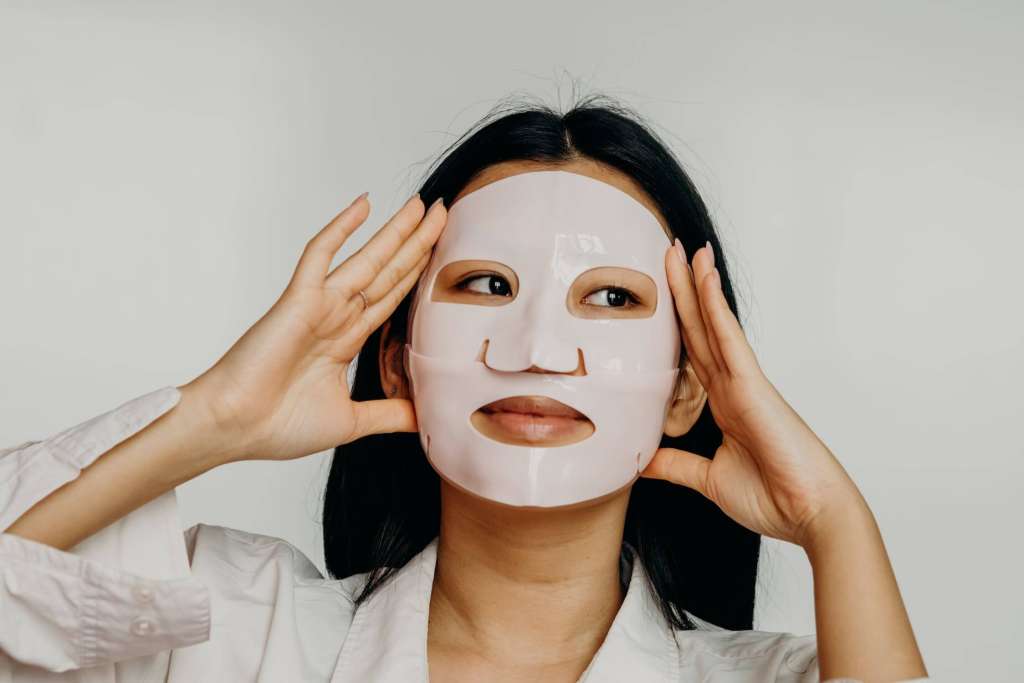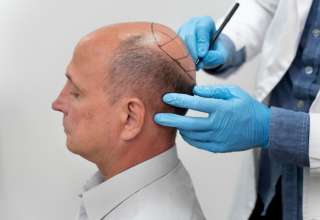Wondering how to exfoliate your skin?
A good exfoliation makes a huge difference to your skin and can make it look brighter and firmer. There are all sorts of micro-bead exfoliators available in drugstores, but you can make exfoliation a daily part of your skincare routine without spending money.
This post will go through the finest at-home skin exfoliation techniques. Continue reading!
Do a Patch Test
Never omit this step; it is one that is advised. To do this, you’ll need to apply a small amount of the product to an area of your skin that is not visible (such as your inner elbow). After 24 hours, check the region for any discomfort or response symptoms.
If you experience any itching, burning, redness, rashes, bumps, and/or swelling, it’s best to stop the use of the product altogether. If you’re still worried, you might also want to speak with your doctor or a licenced skin care specialist. Taking the time to do a patch test can help ensure that your exfoliation routine is as safe and effective as possible.
Take a Warm Shower
Taking a warm shower is the second step to exfoliating your skin the right way. Warm showers clean your skin and widen your pores, preparing it for the exfoliation procedure. Gently exfoliating while in the shower will help break up dead skin cells that are clogging your pores.
It prevents moisture from reaching deeper layers of your skin. This can help make your skin appear softer and smoother. Additionally, warm water acts as an effective cleanser, removing dirt, oil, and bacteria from the surface of the skin.
Use a Gentle Scrub or Exfoliating Brush
To exfoliate your skin the right way, you need to use a gentle scrub or exfoliating brush. This will help remove any dead skin cells from the surface of your skin, leaving it feeling softer and smoother.
An exfoliating brush can be especially effective as it can help to stimulate circulation. This helps to remove dirt and debris. Be sure to use a gentle scrub or exfoliating brush and never use any kind of harsh scrub or abrasive materials on your skin, as this can cause irritation and redness.
Massage Your Face Gently
Start with clean hands and a gentle facial cleanser to remove any dirt or makeup before massaging your face. Massage your face in circular motions, focusing on areas with wrinkles and fine lines, using your fingers. Avoid pulling, tugging, or scratching.
When massaging, move in the direction of the flow of the veins. This will help exfoliate and reduce puffiness in your face. Additionally, it will promote circulation of blood to your face, which helps your skin produce more collagen and elastin that can help keep skin firm and smooth.

Relax for 5 to 10 Minutes
Relaxing for five to 10 minutes after exfoliating your skin is essential to ensure your skin gets the right amount of hydration and a more luminous complexion. Relaxation encourages the growth of healthy new skin cells and aids in the removal of any leftover dead skin cells. The added relaxation can help to reduce stress and improve your well-being by calming the nervous system.
You can help to relax by journaling, meditating, or engaging in any other thinking or calming activity. Taking the time to relax after exfoliating will help the new skin you are exposed to have a better chance at healthy growth.
Apply a Moisturizer to Replenish the Skin After Exfoliation
In addition to nourishing the skin, it also aids in binding the skin’s surface and retaining moisture. After exfoliating, your skin may be more vulnerable to dryness as it has scrubbed off the protective layer of skin cells. So, it is important to apply a moisturizer to keep skin hydrated and help protect the skin while it heals.
Look for moisturizers that allow your skin to breathe and provide a protective coating so that your skin doesn’t dry out. There are also moisturizers available that contain alpha and beta hydroxy acids, which help reduce further skin damage from sun exposure. Apply a moisturizer to prevent further buildup of dead skin cells and to keep your skin feeling soft and supple.
Apply a Sunscreen

Sunscreen is important because it helps protect skin from the damaging UV rays of the sun which can lead to premature aging of the skin. When choosing the right sunscreen, look for a broad-spectrum sunscreen with an SPF of 30 or higher. Apply sunscreen along the face, neck, and any exposed areas of the body, including the back of the hands.
It is advised to reapply sunscreen every 2 hours for the best UV protection. Additionally, sunscreen can aid in preventing skin irritation and discolouration brought on by exfoliation.
Use Serum
The last step is to use a serum. The exfoliant serum is designed to be a helpful part of the exfoliation process. They assist in cleaning out dirt and debris from the skin’s surface without putting your skin at risk of rashes and swelling. They also aid in lowering the quantity of sebum and oil that may block pores.
Serums containing ingredients such as glycerin, urea, and lactic acid are particularly effective at clearing away dead skin cells and unclogging pores. It’s best to apply an exfoliant serum twice a week as part of your regular exfoliation routine. This will help give your skin a healthy glow and keep your skin looking and feeling smoother and softer.
Learn the Best Way to Exfoliate Skin
Exfoliating your skin is a great way to keep your skin looking and feeling healthy and refreshed. With a few simple steps, you can exfoliate to keep your skin looking and feeling its best.
Remember to also consult a dermatologist to find out the best way to exfoliate skin, and if you have any skin concerns when using exfoliation products that are made for different skin types. Begin your journey to beautiful, soft skin now!
If you enjoy this article, then you’ll want to check out the beauty section of our blog.











